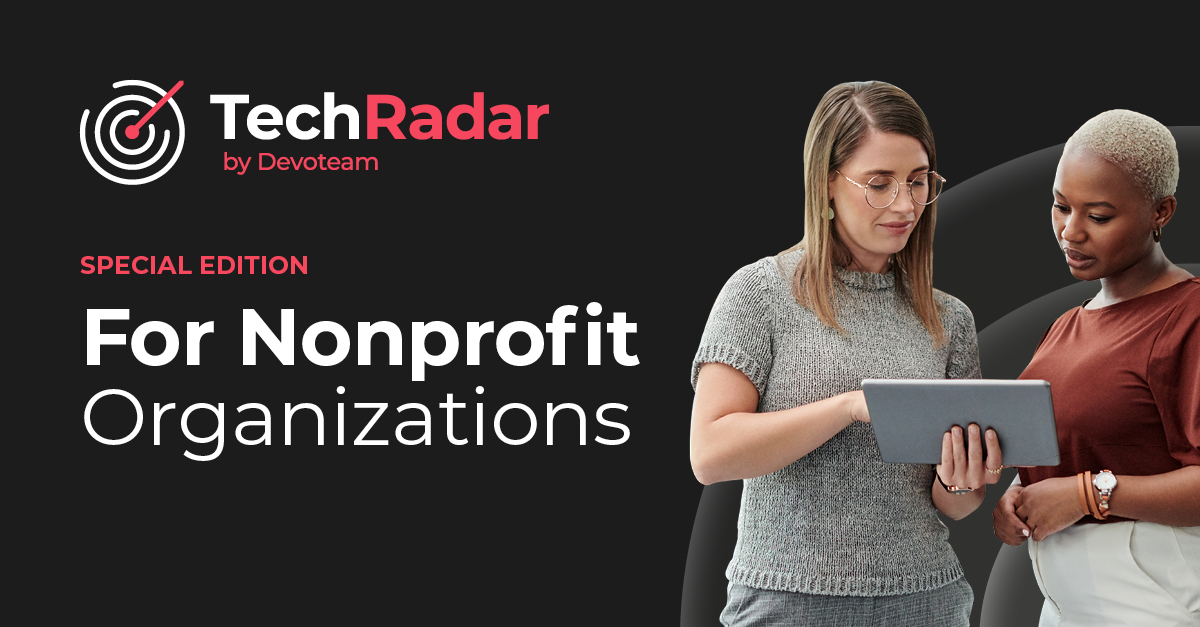While technological innovation continues to accelerate, particularly in the EMEA region, most economic players have made significant progress in digital transformation. However, many nonprofit organisations find themselves navigating a landscape where the digital divide threatens to widen – even as they help close the gap for others. An increasing number of nonprofit organisations now focus efforts on helping their employees and beneficiaries acquire digital skills, yet the organisations themselves are not receiving the support needed to facilitate their own digital transformation.
To bridge the digital divide and enable non-profit organisations to meet the challenges ahead, a fundamental shift in mindset is required. It’s essential that organisations, as well as donors, fundraisers, and philanthropists, see digital innovation and investment in digital transition for what it is: a vital catalyst for substantial, measurable, and steerable change.
The adoption of “Social Tech,” in other words, digital tools and services designed to serve the common good with non-profit purposes – is an increasingly important step forward for nonprofit organisations to improve the way they run their operations, work collaboratively and mobilise their stakeholders. For instance, thanks to data-driven management, organisations can improve their connectivity by better managing and communicating their impact. In addition, fundraising and resource planning tools contribute to sustainability and operational efficiency, while other solutions support volunteer engagement, collaboration, and recruitment.
As the rapid evolution of technology continues to accelerate, digital transformation is no longer just an option but a critical strategic priority for any institution looking to promote progress within their industry, society, or the world. In this way, technology can thus become an incredible lever for building a world that is sustainable, fair, democratic, and respectful of all living beings, provided we question the ethics and model of the tools chosen, even if it means turning to open-source solutions. But in order to make this vision a reality, we must first invest in the technological empowerment of changemakers, respecting a path that is consistent with their values and challenges.

Jeanne Bretécher – President and Founder, Social Good Accelerator
